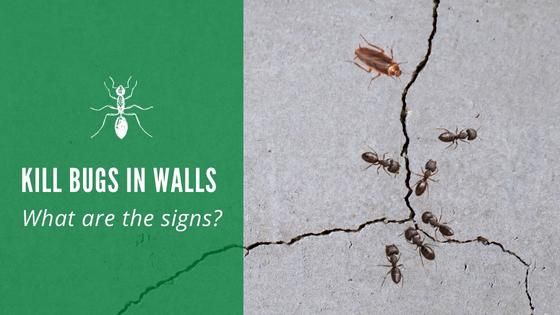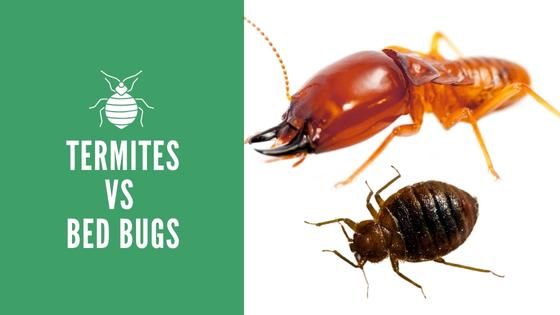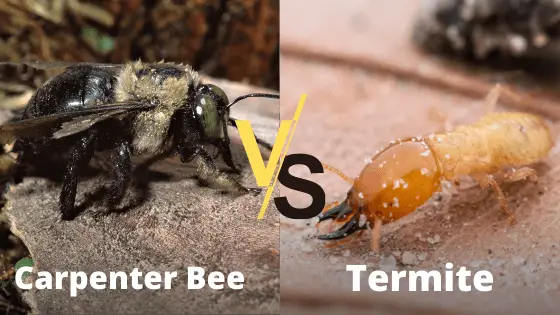How Do Exterminators Get Rid of Termites?
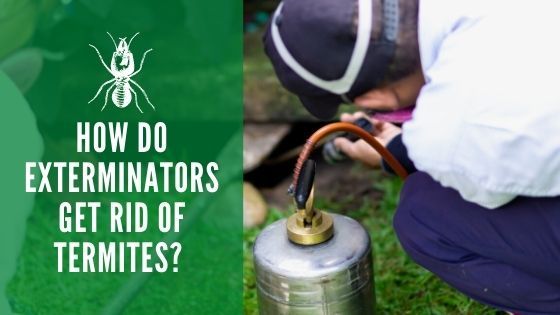
Termites can cause damage to your home quickly. These creepy pests infest nearly 600,000 homes per year and cost homeowners over $40 billion in damages. This does not include the cost for exterminators between $2,000 to $5,000 per incident. If you have termites, you might wonder what your options are and how you can get rid of them.
How Do Professionals Treat for Termites?
Calling a professional to get rid of termites is expensive, so what do they do? The type of treatment they choose depends on the type of termites you have. They will use different types of treatments for subterranean termites, dry wood termites, and dampwood termites.
Liquids and Spray Foam Barriers
The most common method that professionals use to get rid of termites is a foam or liquid that they put around the perimeter of your home. This prevents the termites from entering your home and kills them on contact. This is a common method used for treating subterranean termites.
Baits
Baits are used to lure termites away from the home. They contain a poison that the termite will mistake for food and carry back to the nest. This will help eliminate entire colonies that are located near the home.
Tenting and Fumigation
In cases of severe drywood termites, fumigation might be necessary. These termites can live in your walls, furniture, attic, and anywhere on your property. Fumigation involves using a chemical that penetrates wooden surfaces and kills termites on contact.
Sometimes, a tent is placed over the house to allow the chemical to penetrate more deeply into the home. Microwave treatments are becoming another popular method for ridding homes of termites. In many cases, a combination of fumigants, barriers, and baits will be used.
How Long Does It Take to Get Rid of Termites After Treatment?
After professional extermination, how long it takes to get rid of termites depends on the size of the infestation and what types of products were used. If you have your home fumigated, you can expect all the termites to be gone in a few days. It can take as long as 4-6 days for most professional treatments.
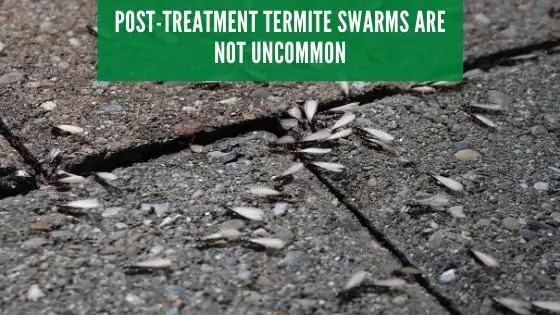
If all the termites are not eradicated, the colony can reestablish in as little as a few weeks. This means that you will need to take measures to keep them away, and you might have to have repeated treatments to get rid of them completely. The key is killing the queen. If she remains after the treatment, the infestation will come back quickly.
What Chemicals Kills Termites in Wood?
Many chemicals are used to rid your home of termites. Insecticides fall into four different categories, depending on how they work. These include chemical treatments, natural hormonal treatments, chemicals used for construction, and soil treatments. Here are some of the most common chemicals used to treat termites around the home.
Arsenic Dust
Arsenic trioxide dust is a poison that is often used to kill termites. It kills them on contact and is also used to treat wood products. It is dangerous to humans and should only be used by a licensed professional.
Hexaflumuron
This insecticide is slow-acting and is used in baits or systems designed to inhibit termite growth. It takes advantage of their social behavior. The termites eat it and then leave behind scent trails so that others can find the “food.” Eventually, the poison will get to the queen and eliminate the colony.
Imidacloprid
This insecticide is derived from nicotine and is used to treat subterranean termites. It works by killing the termites slowly when they ingest it or contact it. They die slowly, and in the process, pass the poison on to others in the nest.
Fipronil
This product is a neurotoxin that destroys the central nervous system of the termite when it comes into contact with it. It is one of the main ingredients of liquid and foam products.
It kills termites instantly, but they do not get the chance to carry the toxin back to the nest. Also, it is useful as a barrier but will not do the best at eliminating termites at the source. Fipronil is often used to protect poles and fence posts.
Fipronil is often used to control ants, beetles, cockroaches, fleas, ticks, and many other insects.
Martins IGR Regulator
This is the product used most often indoors. It kills termites and other insects that might be inside your home, too. It is a powerful insecticide that disrupts the reproductive cycle of termites.
Permethrin SFR
Permethrin is one of the most powerful insecticides for termites and many other unwanted creatures in your home, like ants and other insects.
It kills termites quickly and is recommended for outside use. This product contains 36% permethrin, and you must use proper precautions when using this product around your home.
Always wear the proper personal protective equipment (PPE) during all mixing and application processes.
Talstar Pro Insecticide
This is an insecticide that is known for its complete eradication of termite nests and long-term control. It is one of the more expensive products on the market, but it is also one of the most effective.
Talstar Professional is a water-based product that leaves no unsightly residues and does not cause plant damage. It’s also safe to use indoors and outdoors, as it doesn’t irritate skin or eyes and has an odorless formula.
Can You Get Rid of Termites Yourself?
One of the drawbacks to calling an exterminator is the cost, especially if you need multiple treatments. Another reason why many people search for solutions they can apply themselves is because they do not want these chemicals around their homes, especially if they have pets or children. Fortunately, some methods allow you to get rid of termites quickly and easily.
Diatomaceous Earth
This natural product is the fossilized remains of microscopic ancient sea creatures. It is as fine as sand but has razor-sharp edges that cut the exoskeletons of termites. This causes them to dehydrate. The best part is that it will not harm pets or humans.
Orange Oil
Concentrated orange oil is toxic to termites. It is made by boiling and concentrating the rinds of oranges. This is not the same as boiling orange rinds on the stove because it would take a lot of oranges to become concentrated enough to do the job.
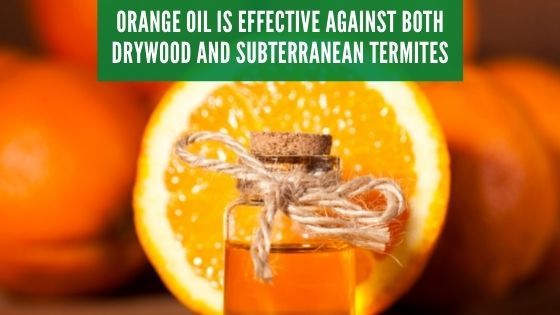
Also, you might not be able to reach all the places where termites are hiding. It does kill them on contact. It works best when you can apply it directly to the nest. You will need to apply it multiple times for it to do the job.
Neem Oil
Neem oil is another natural oil, but it works by disrupting the reproductive cycle of the termites. They lose interest in reproducing and eating food. It does not kill them instantly, but it offers a more permanent solution, as there will be no new termites to replace those that die off. You will need to reapply neem oil every day until the termites are gone because it dissipates over time.
Boric Acid and Borax
Boric acid and Borax are fine powders that harm the digestive systems of the termites. Boric acid is a by-product of turning the mineral borax into a usable form. You can use it in a powdered form or dilute it in water.
You should apply it in a fine powder that you cannot see. They must come into contact with it accidentally. The termites will ingest it when they try to clean it from their legs.
It disrupts the digestive tract, and they will starve to death over time. When they carry it back to the nest, other termites will come into contact with it. This is an excellent long-term solution, but it does not act as quickly as methods that kill on contact.
Now you have an overview of methods used to kill termites. If you do not want the harmful chemicals associated with professional exterminators, you can use a more natural method. If you choose these routes, you will have to keep reapplying the solution, but with diligence, you may get rid of them for good.

